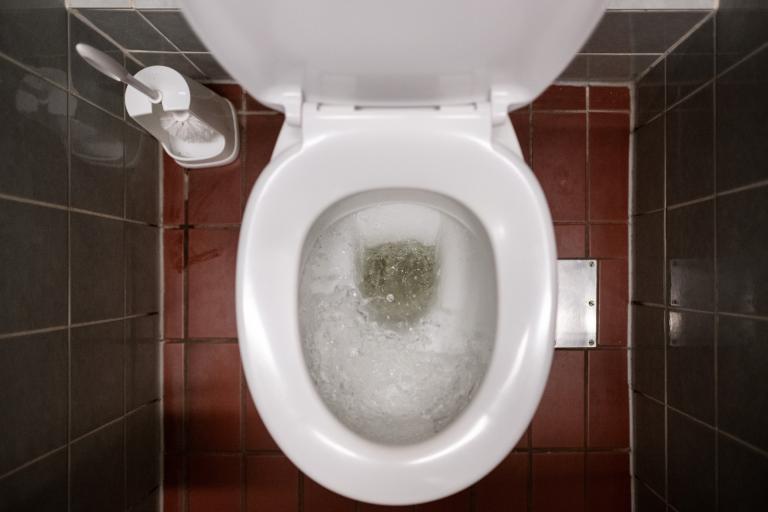Last month, a group of Greenpeace volunteers in Denver trekked to over 30 Colorado supermarkets to investigate the sustainability of the seafood being sold inside. Armed with an “endangered fish check-list,” what they found–a thousand miles away from the nearest ocean–was shocking. In the freezers, wet cases, and can aisles they discovered nearly every species on their list, including Chilean sea bass, Atlantic cod, swordfish, orange roughy, hoki, red snapper, shark, and other environmentally unsound seafood options.
Today, these volunteers, along with supermarket chains, industry, scientists, and consumers, are working to change the state of our planet through our seafood choices. Greenpeace’s Carting Away the Oceans project has been working with all these players to rank America’s major supermarket chains on their seafood sustainability practices.
Since the first report, supermarkets have made big strides to change their policies. Over the last few years, major seafood retailers such as Costco, Price Chopper, and Trader Joe’s have eliminated many unsustainable species from their inventories. A small group of industry leaders has emerged as well, and today, we’re happy to announce that Safeway has taken over the top spot on our list. With this recent development, Safeway is joining the ranks of Wegmans, Whole Foods, and Target in proving that sustainable seafood operations are both possible and necessary in all sectors of the seafood retail industry – conventional, specialty, and big-box.
Seafood sustainability plays an important role in Greenpeace’s overarching work on ocean conservation. Our oceans are in crisis, and we need everyone on board to make the massive change needed to bring them back from the brink. Three quarters of global fish stocks are suffering from overfishing, and 90% of top marine predators are already gone. Destructive fishing practices such as pirate fishing destroy critical ocean habitats and harm global fish stocks. As the ocean becomes more vulnerable, it will succumb more quickly to the harmful effects of global warming.
Despite the major strides made to protect our oceans, no large grocer has yet achieved a “green” ranking in Greenpeace’s Seafood Sustainability ranking. We’re thankful for all of this progress, but the overwhelming majority of retailers still have a long way to go. All seafood retailers need to acknowledge their responsibility towards the oceans—both for how they have damaged them and what they must do to heal them. Until that happens, we will continue to call on them to enact strong, effective, sustainable seafood policies that will reduce pressure on our flagging fish stocks and help heal our ailing oceans.



